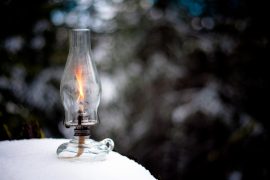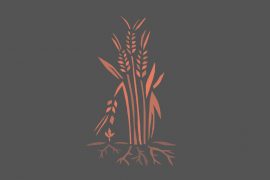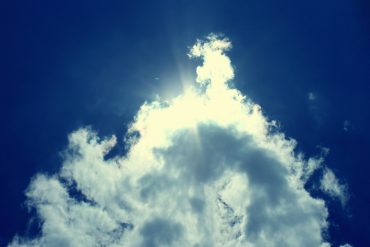That poet born of heaven came to be in residence, and plucking his resounding lyre strings, he summoned many shade trees to his presence.
– Ovid, X. 127-130
| Once, a river rolled here Mightier than the Mississippi, Forming valleys, Leaving here and there the body, Sinewy and long, of some water beast Long dead, its form found years later, Entombed in stone.And when the river receded, Leaving the land prone, naked, The Poet came and called them into being: The hickory, and ash – the cedar, Where the birds would rest when the snows came. The sycamores, to line the winding streams, Frail daughters of that river long departed, Their bodies like ghosts along the water. Poplars grew, with blossoms like teacups, And the oak tree, as fine and full as a lung. All these burst up from the mire of the fled river.And beneath their canopy others grew: Rhododendron, bloodroot, columbine, Hepatica, trillium, phlox. Their names like songs, Faint music rising from their quivering bodies With each rainfall. New beasts came to the mountains, Ones so wild and free it seemed a sin almost to name them. Myths, and legends, whole religions sprang from the woods, From the Earth the river left. Now, there is a dissembling on the mountains. So how will I plant you now? |
By Rebecca Rose Moody
Questions & Actions
- The poem ends with the reality that the Genesis of all things, the start of it all, turns toward mourning, to decay, to death. This seems an appropriate theme as we await Holy Week. As Rose Moody says there is “no ivy strong enough to halt such decay.” How have you tried (and failed) to halt decay? To recognize the finitude of our own existence and the creation that surrounds?
- The poem also speaks to places once familiar and now transformed. Think of some natural spaces which you have seen transformed (for good, or ill) in your life. Perhaps you heard stories from your parents (or grandparents) about a particular spot. What did it look like to them? What does it look like now? Take a moment today to collect and reflect on this history. Have a conversation with a friend or family member who knows something about a particular place. Consider what it was, what it is now, and how you have related to it through your own histories.





